Discipline Hopping for Environmental Solutions
Skip to: Heritage Solutions – Storied Solutions – Implications for Water – Communicating Environmental Solutions
In January 2021, a Nature Environment Research Council (NERC) Discipline Hopping for Environmental Solutions grant was awarded to four climate-aligned research projects by a UEA Discipline Hopping panel. These projects, spanning heritage, narratives, water, and climate communication, have further confirmed the importance of interdisciplinary research and working to address complex global challenges, as well as raising awareness of the need for researchers to develop understanding of different disciplinary language and concepts.
Heritage Solutions
Project PI: Professor Jo Clarke, School of Art, Media and American Studies, and Co-I Professor Robert Nicholls, Director of the Tyndall Centre for Climate Change Research.
We have embarked on a global project to accurately map and digitise all coastal UNESCO World Heritage Sites to assess the risk from extreme sea levels and coastal erosion.
Coastal engineers, sea-level rise modellers and geographers came together with archaeologists and heritage scholars from our Department of Art History and World Art Studies with the aim of determining which UNESCO coastal World Heritage Sites will be most at threat of extreme sea levels in the future. Together we are modelling the impacts of extreme sea levels sites at different time slices and CO2 representative concentration pathways. African Heritage Sites Threatened as Sea-Level Rise Accelerates, a pilot study, details the methods used and preliminary findings.
For the first phase of the project funded by the Discipline Hopping grant we developed a GIS of geo-refenced, accurately mapped global World Heritage Sites at less than 50m above sea level. When published we hope the GIS will benefit heritage managers across the world. For the second phase of the project we will be modelling extreme sea levels and creating flood maps, which can be overlaid on the heritage dataset. Phase three will identify heritage sites in Low-and-Middle Income Countries that require archaeological and coastal engineering conservation and adaptation measures with a view to working with local and national governments to implement some of these measures.
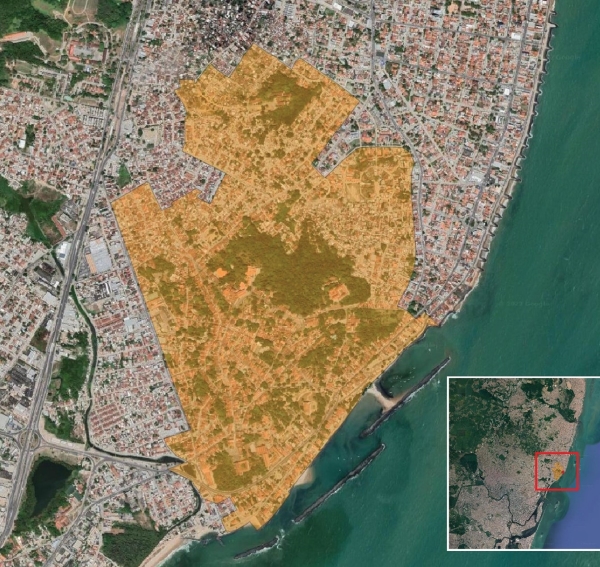
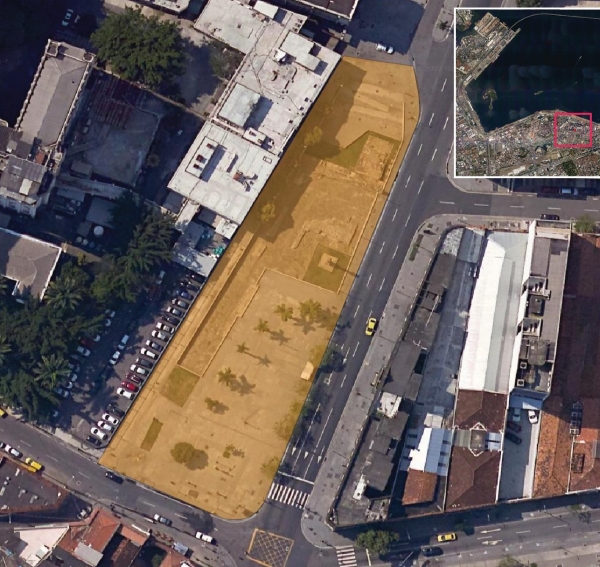
We are applying for an AHRC Standard Research Grant to complete Phase 2 and Phase 3 of the Project.
“Heritage underpins value and meaning across essential social and ecological systems and informed adaptation is essential. The project provides early steps toward embedding heritage within large climate assessments such as the IPCC and fulcrum policies, affecting how we respond to climate change” – Prof Jo Clarke.
Storied Solutions: Narrating Climate Change Across Disciplines
Project PI: Professor Jean McNeil and Co-I: Dr Elizabeth Lewis Williams, School of Literature, Drama and Creative Writing.
We are harnessing creative writing to empower interdisciplinary conversations across a range of research areas to enable a whole-systems approach to climate change.
Using creative writing exercises and approaches, the Storied Solutions project aimed to stimulate cross-disciplinary discussions on climate change stories; to interrogate which stories are told, and why, and what perspectives and approaches might be missing.
Two facilitated workshops enabled academics, researchers and PhD students from across UEA departments and disciplines to explore a range of topics related to narrative and the climate crisis. Together, as a collective, they determined which climate change stories they felt ought to be supported, involving the following elements: a decolonised climate change agenda; hope; communicating targets and ability to mitigate rather than disaster; re-centering climate change and re-mattering it away from the human.
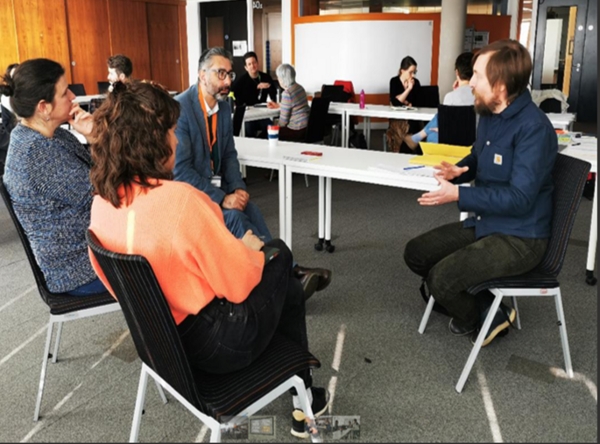
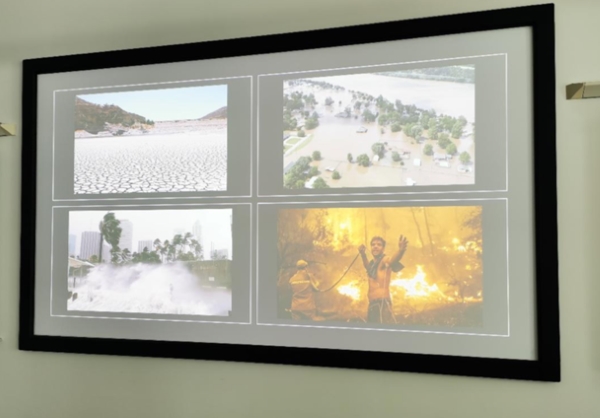
Participants then applied their thoughts creatively through the production of several texts; a haiku (poem); a 500-word story about climate change featuring an unusual/ non-human character; a description of an object related to the question of change and risk.
The four new texts by each participant will be collected into a dossier and these interdisciplinary discussions will continue in the form of a regular climate change reading group. Additionally, a new funding bid is being explored on collating and recording the climate change stories emerging out of the Critical Decade for Climate Change Leverhulme Doctoral School.
Implications of Climate Change for Water in the 2020s: Interdisciplinary Perspectives
Project PI: Dr Jo Geere, School of Health Sciences, and Director, Water Security Research Centr. This project was run in collaboration with the Tyndall Centre for Climate Change Research and Anglian Water.
We are exploring the impact of climate change on water from a multidisciplinary perspective to find interdisciplinary solutions for the decade ahead.
Climate change impacts the world’s water in complex ways, and it is set to have a huge impact on how water is used and managed in the future.
We brought together experts from across academia and industry for a series of interdisciplinary workshops to discuss key themes on the topic of climate change and water including urban-rural water connections and interdependencies; integrated assessment; green infrastructure/ nature-based/ hybrid solutions for water problems and water and health issues.
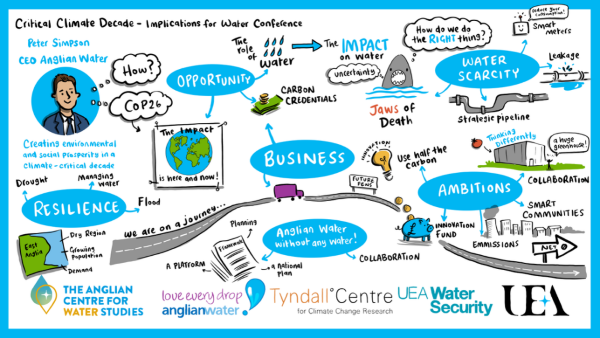
Through these workshops we sought to identify the critical and urgent problems to existing research, policy or action on climate change related water problems, and to identify potential interdisciplinary solutions.
Our discussions highlighted the following:
stakeholders must be engaged to envision water secure futures that are valued and used to inform research and project aims.
research findings must be made accessible to all stakeholders so envisioning of water secure futures is clearly defined and informed by the best available evidence.
we should develop ways of assessing impacts and trade-offs from solutions implemented within complex, dynamic hydro-social systems.
we should monitor benefits, costs and unintended consequences of interventions such as nature-based solutions, particularly as they affect the poorest and most vulnerable communities to facilitate learning and adaption during action.
Our findings from the workshop contributed to a conference “Critical Climate Decade – Implications for Water”, held at UEA on 23-24th June 2022. Additionally, outputs of this project will highlight urgent issues for consideration at COP27 in Egypt later in the year.
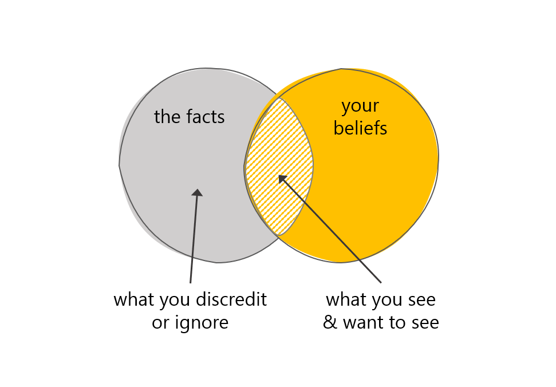
The ‘anti-narrative’ of scientific discourse, which often follows a linear path of hypothesis, methods, results, and conclusions, directly contrasts with the more circular narrative of conventional story-telling, where aspects of journey, climax and resolution are key. While traditional narrative form is generally more emotive and often more memorable, it is also geared towards stories of individual ambition that are grounded in a specific time and place, which can make it hard to create narratives for scientific concepts that transcend these boundaries.

The challenges and benefits of integrating narrative and science were discussed at a postgraduate research workshop, held in March 2022. The workshop, which included prompted creative writing exercises, focused on four narrative elements – structure, character, language, and propulsive mechanisms – to help students explore ways in which their research can be communicated to audiences effectively. This popular workshop will now be offered as part of the UEA SCI Training Programme for PGR students on an annual basis.
“The NERC grant enabled me to combine elements of narrative and environmental science to build post-graduate capability in the Faculty of Science. Further interdisciplinarity between the arts, sciences and social sciences has the potential to provide huge benefits to society, especially in the area of environmental solutions, where in the real-world, science and society are fully integrated, not distinct and separate.” - Dr Penelope Pickers

)